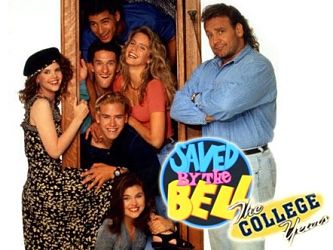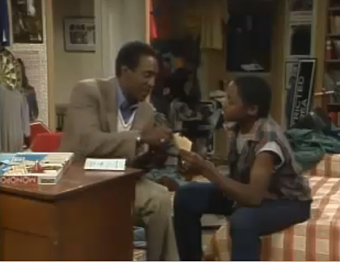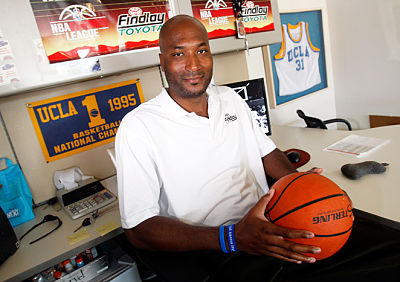Writing is one of the most important things you can do to improve your career, particularly in higher education. Whether you’re a doctoral student working on a dissertation or a faculty member doing research to get tenure, writing is crucial for success. However, finding the time to write proves problematic for nearly everyone.

In today’s post, I have 3 simple tips to help you get more writing done.
There are many great books out there on how to write more (and I have read almost all of them). Yet, these three simple tips are the most important to make sure you get your writing goals accomplished.
1. Write every day. In his landmark study, Robert Boice found that faculty who write every day produce nearly 10 times the amount of typical faculty. Writers (and you need to start to think of yourself as a writer) write every day.
My goal is to write 5 out of every 7 days. I consider this my writing work week. Building up the habit and practice of writing every day provides great benefits.
One of the best benefits is that it builds up your writing muscles. If you want to train for a marathon, do you just start running? Of course not. You practice and slowly build up endurance. Writing every day does the same thing for your writing ability.
2. Schedule writing time as an appointment. If you’re anything like me, what gets scheduled gets done. If it isn’t on my calendar, the odds of completing a task aren’t good.
You have to schedule your writing time and hold yourself to this appointment. If someone asks to meet with you at this time, you can’t. You already have a meeting.
I often used to tell my dissertation advisees to continue the same schedule that they used for taking classes. For example, your friends and family are already used to you being gone a couple of nights a week for class. Keep the same mentality for your writing. If you wouldn’t skip class for another engagement, don’t skip your writing session either.
Writing is just as important– if not more so– than any other appointment you may have so treat it that way.
3. Don’t write more than 2 hours at a time. Raise your hand if you’ve ever done this. You’re up against a deadline and as a result you sit down and write for hours to finish the assignment. You finish the project, but it isn’t your best work and you’re exhausted. There are other writing projects that need your attention, but you can’t stand the thought of sitting down to work on them.
If we’re being honest, we probably all have our hands up. This is the normal way of writing. And it just plain sucks. It is a horrible cycle that leaves us tired, bitter, and leads to procrastination. This is binge writing and it may be the worst kind of writing.
Not only does binge writing limit our ability to work on our current project, but it keeps us from starting our next one too. Instead, I suggest you do not ever write for more than two hours at a time. Preferably, I don’t want you to write more than one hour in a single sitting.
It is difficult to be productive and produce high quality writing for longer than this. And if you’re following my first two tips, there is no need to binge write. Think about it, you could write for 10 hours one day or for 2 hours a day for 5 days. Which do you believe would leave you more relaxed and productive?
Many of us have picked up horrible writing habits over the years of all nighters and last minute binge writing.
It is no wonder that writing causes so much stress. However, my 3 simple tips to help you get more writing done can help.
Writing is critically important to your success. Start these tips today and you’ll be amazed at how much more progress you will make and how much less stress you will experience.
Happy writing!





